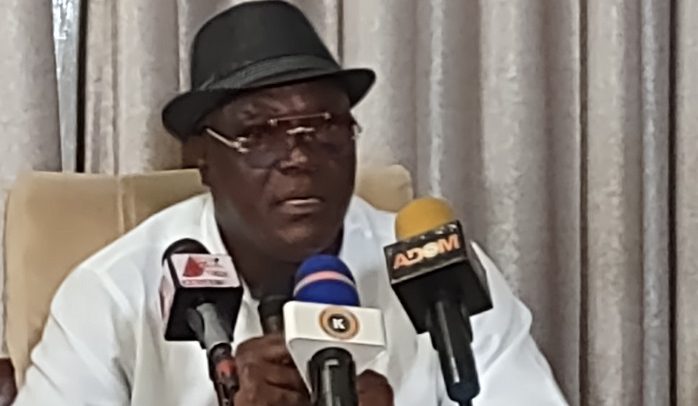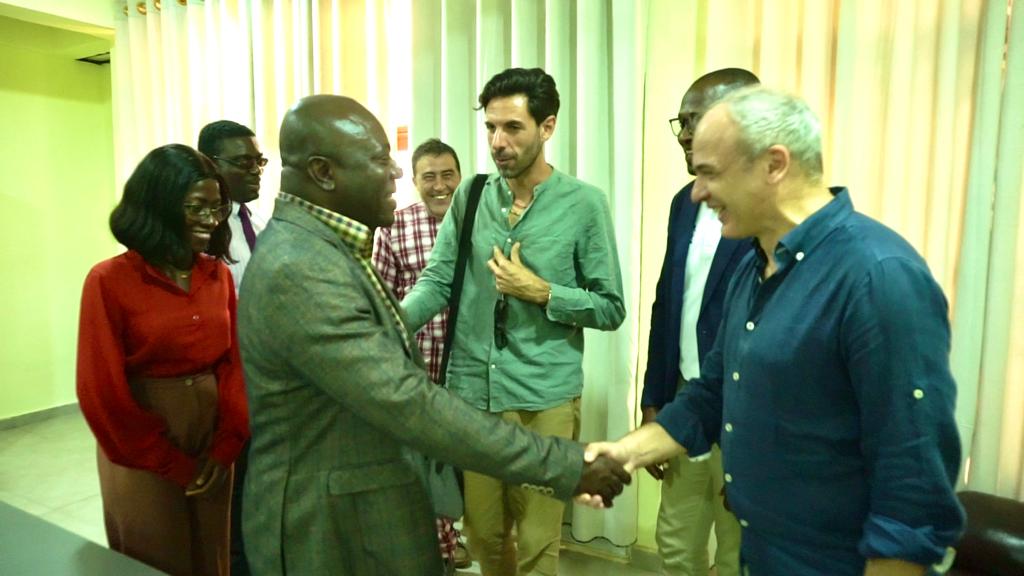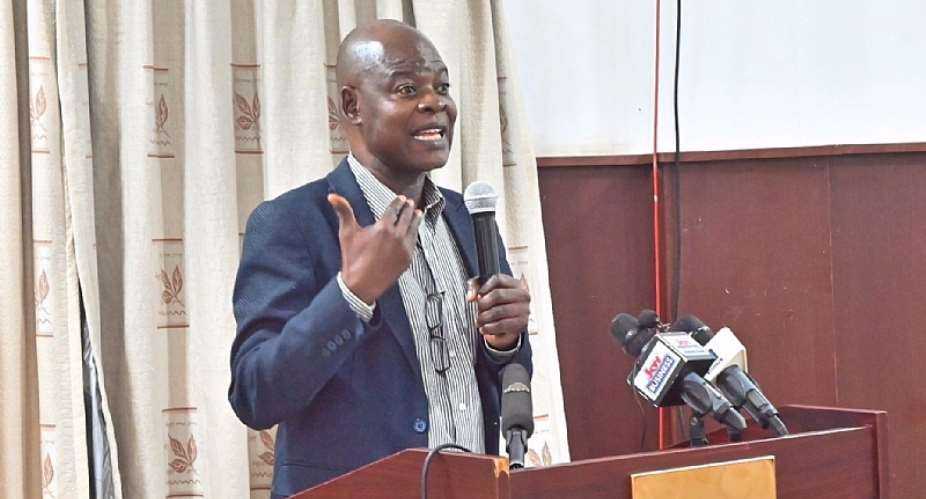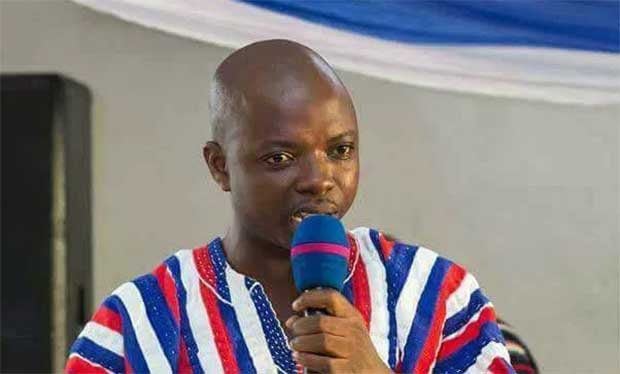
The National Maritime Security Committee (NMSC), an inter-agency body dedicated to fostering national collaboration within Ghana’s maritime industry, held its 20th meeting to discuss critical initiatives aimed at bolstering Ghana’s maritime security.
The committee, chaired by the Director-General of the Ghana Maritime Authority (GMA), Dr Kamal-Deen Ali (Naval Capt. rtd.), had representatives from 12 core agencies, including the Ghana Navy, Ghana Air Force, Marine Unit of the Ghana Police Service, and the Customs Division of the Ghana Revenue Authority (GRA).
Exercise Afarbo
A key highlight of the meeting was the need to revisit the execution of “Exercise Afarbo”, an exercise conceptualize and planned to rigorously test the Harmonized Standard Operating Procedures (HSOPs) of all maritime-linked agencies in Ghana in an effort to enhance cooperation in crucial areas such as vessel and personnel rescue, arrest, detention, investigation, and prosecution within Ghana’s jurisdiction.
The committee also considered adding the Cybersecurity Authority as a supporting member to address growing digital threats in the maritime sector.
Maritime Fusion Centre
A significant proposal for a National Maritime Fusion Centre was also presented by the GMA for the committee’s review.
This specialized facility would bring together all key maritime actors to detect, prevent, investigate, and respond to threats at sea.
The Centre’s core functions, officials said, would promote maritime safety, security, and the blue economy.
The Director-General of the Ghana Maritime Authority, Dr Ali, in his remarks indicated that Ghana’s maritime domain, like many others, presents a mix of opportunities and threats.
He noted that although piracy incidents in the Gulf of Guinea (GoG) may originate far from Ghana’s shores, the country has still been impacted.
Thus, the establishment of a Fusion Centre, he said, would be instrumental in addressing these threats, along with acts related to ship hijacking and attacks on critical offshore oil and gas infrastructure.
Dr Ali also emphasized the importance of protecting submarine communication cables, which are vital to national communication security.
“Although these cables are administered by the National Communications Authority (NCA), the Ghana Maritime Authority plays a critical role in ensuring their safety,” he said.
Other resource-related threats, such as Illegal, Unreported, and Unregulated (IUU) fishing, as well as illicit activities like drug and human trafficking, he pointed out, would also be a focus of the fusion centre.
Self-reliant Economy
Dr Ali described the proposed structure as a “national situation room” where core agencies, including the GMA, Ghana Navy, Narcotics Control Commission, Ghana Immigration Service, and the Fisheries Commission, would work collaboratively, leveraging the country’s ocean and inland water potential for socio-economic development in line with the government’s agenda of a self-reliant economy through the promotion of round-the-clock economic activity and job creation.
“By protecting key assets such as shipping vessels, offshore installations, and fishing resources, the Centre would enhance trade, tourism, and overall economic growth,” he said.
He added that while the project comes with running costs for data, internet, and equipment, it is a necessary investment for sustaining and growing Ghana’s maritime sector.
The DG remains hopeful that the facility when established and operational will complement efforts aimed at contributing to both safety and security as well as Ghana’s broader economic vision and the sustenance and growth of the blue economy in tourism and trade.
The post Ghana Maritime Authority pushes for centralized maritime fusion centre appeared first on The Business & Financial Times.
Read Full Story
















Facebook
Twitter
Pinterest
Instagram
Google+
YouTube
LinkedIn
RSS